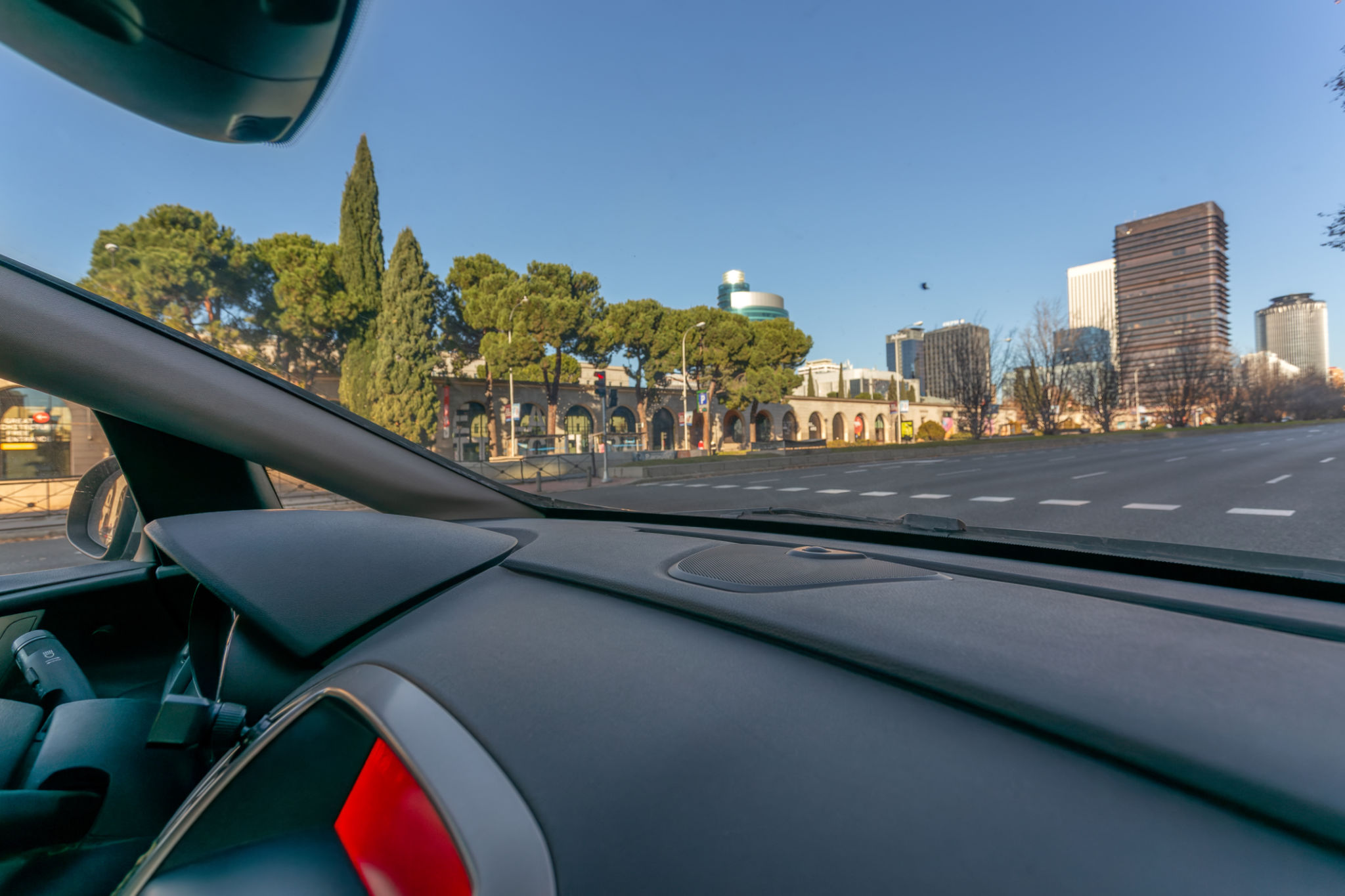The Ultimate Guide to Effective Windshield Cleaning
JQ
Why Clean Windshields Matter
Driving with a dirty windshield can be more than just an annoyance; it can be a genuine safety hazard. A clean windshield ensures optimal visibility, allowing you to react appropriately to road conditions and potential obstacles. Regular cleaning of your windshield not only enhances safety but also prolongs the life of your windshield by preventing damage from debris and contaminants.
Windshields are constantly exposed to a variety of elements, including dust, bugs, bird droppings, and road grime. Over time, these can accumulate and create a stubborn layer of dirt, which can be difficult to remove without the right approach. Regular maintenance helps in keeping your windshield free from these contaminants.

Choosing the Right Cleaning Products
When it comes to cleaning your windshield, not all products are created equal. It's crucial to choose cleaning agents that are specifically designed for automotive glass. Household cleaners might leave streaks or contain chemicals that can damage your windshield.
Look for products that are ammonia-free, as ammonia can damage window tinting and leave streaks. A good-quality microfiber cloth is also essential, as it will not scratch the glass and will help achieve a streak-free finish.
Step-by-Step Cleaning Process
Achieving a spotless windshield requires a systematic approach. Follow these steps for the best results:
- Rinse: Begin by rinsing your windshield with water to remove loose dirt and debris.
- Apply Cleaner: Spray a generous amount of glass cleaner onto one half of the windshield.
- Wipe: Using a microfiber cloth, wipe the glass in circular motions to lift dirt.
- Dry: Use a clean, dry microfiber cloth to remove any remaining moisture and prevent streaks.

Tackling Stubborn Stains
For tougher stains like bug splatters or tree sap, you might need a bit more elbow grease. Specialized bug and tar removers can be effective for these types of contaminants. Apply the remover according to the manufacturer's instructions and use a gentle scrubbing pad to avoid scratching the glass.
If hard water spots are an issue, try using a mixture of white vinegar and water. The acidity in vinegar can help dissolve the mineral deposits left by hard water.
Preventative Measures
Preventing your windshield from getting excessively dirty can save you time and effort in the long run. Consider applying a water repellent treatment to your windshield. These treatments create a barrier that helps repel water and makes it more difficult for dirt and grime to stick to the glass.
Regularly replacing your windshield wipers is another key preventative measure. Worn-out wipers can smear dirt across the glass instead of removing it, leading to reduced visibility.

DIY vs. Professional Cleaning
While DIY cleaning is sufficient for routine maintenance, there are times when professional cleaning might be necessary. If your windshield has stubborn stains that you can't remove or if it has scratches that impair visibility, consulting a professional might be the best course of action.
Professionals have access to specialized tools and products that can restore your windshield to pristine condition. They can also assess any damage and suggest repairs if needed.
The Environmental Impact
It's important to consider the environmental impact of the products you use for cleaning. Opt for biodegradable cleaners that are safe for the environment. Additionally, properly dispose of used cleaning materials, like microfiber cloths, to minimize waste.
By choosing eco-friendly products, you not only contribute to a healthier planet but also ensure that harmful chemicals do not damage your car's surfaces or seep into the ground.
